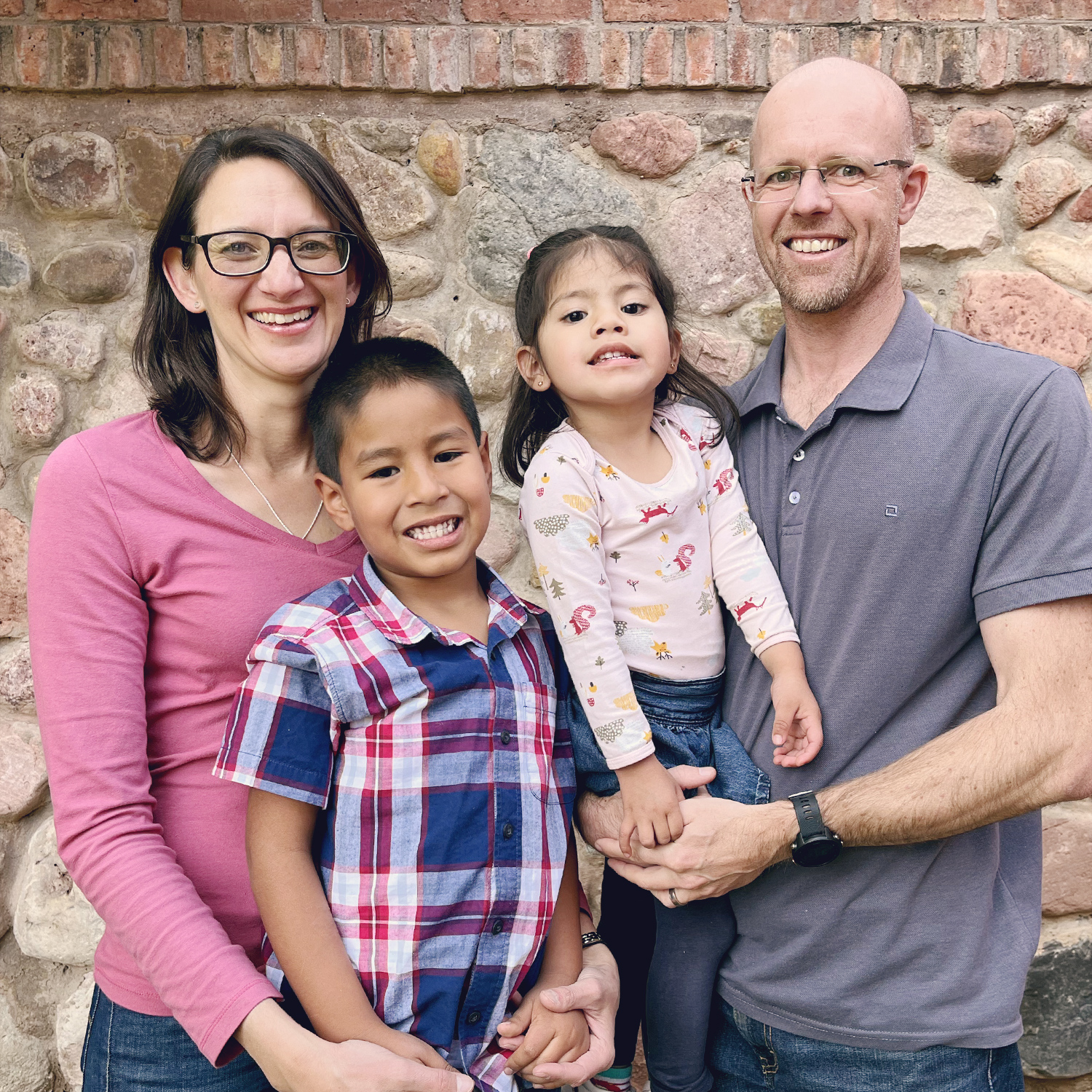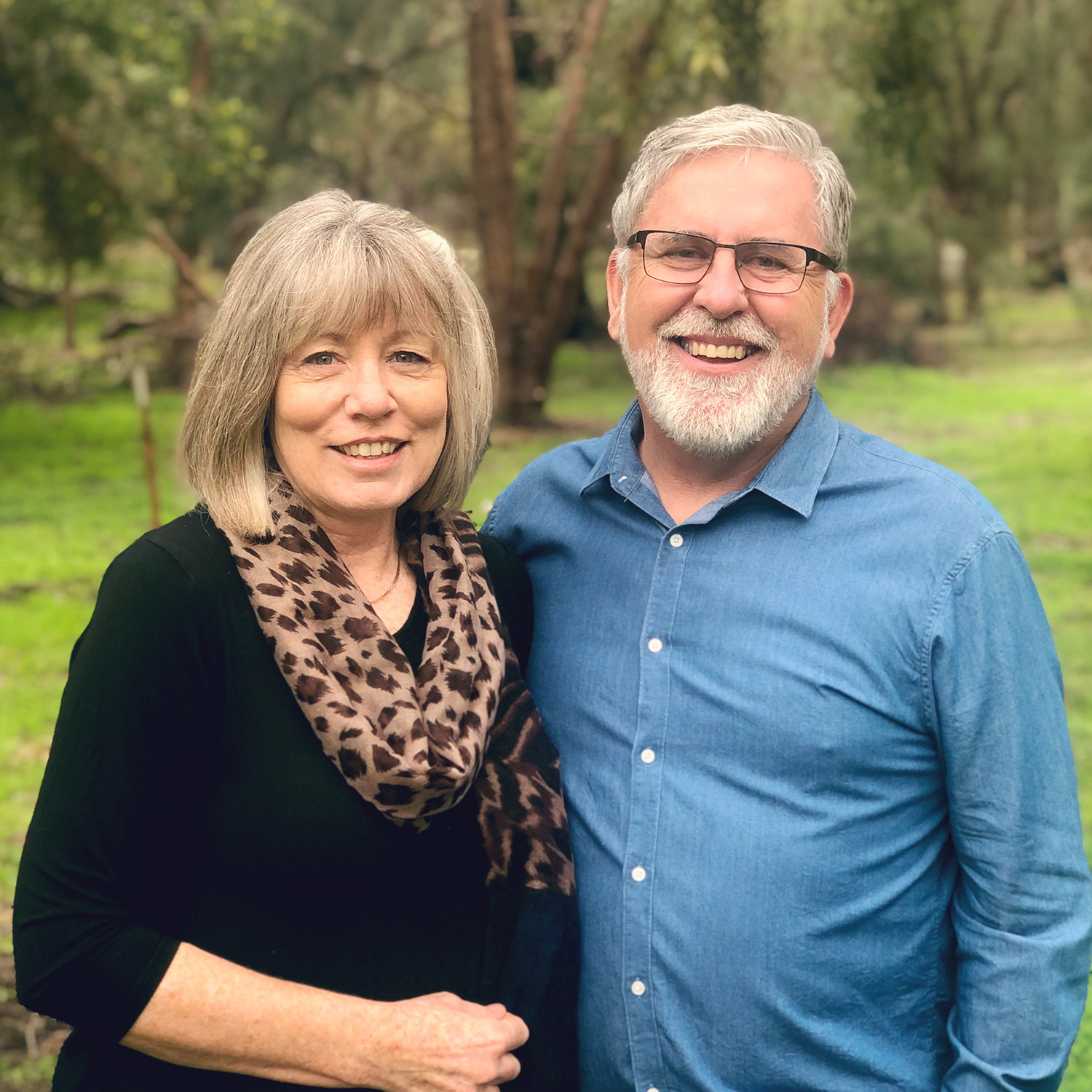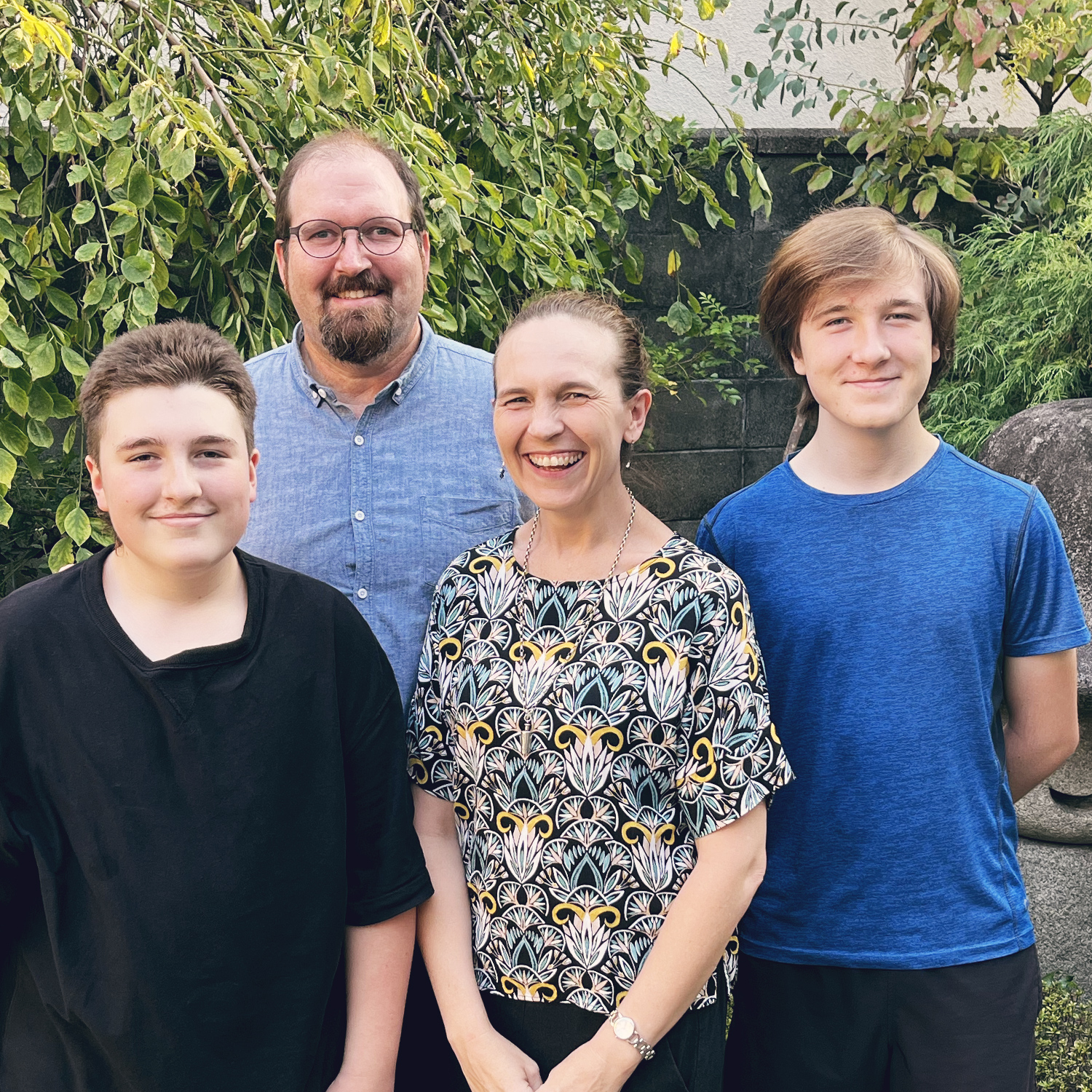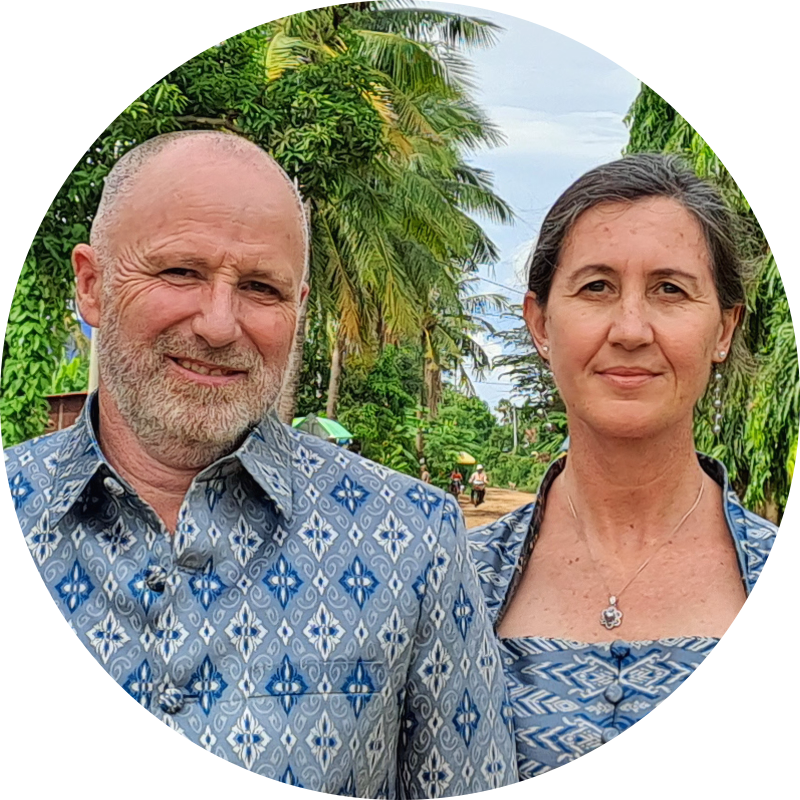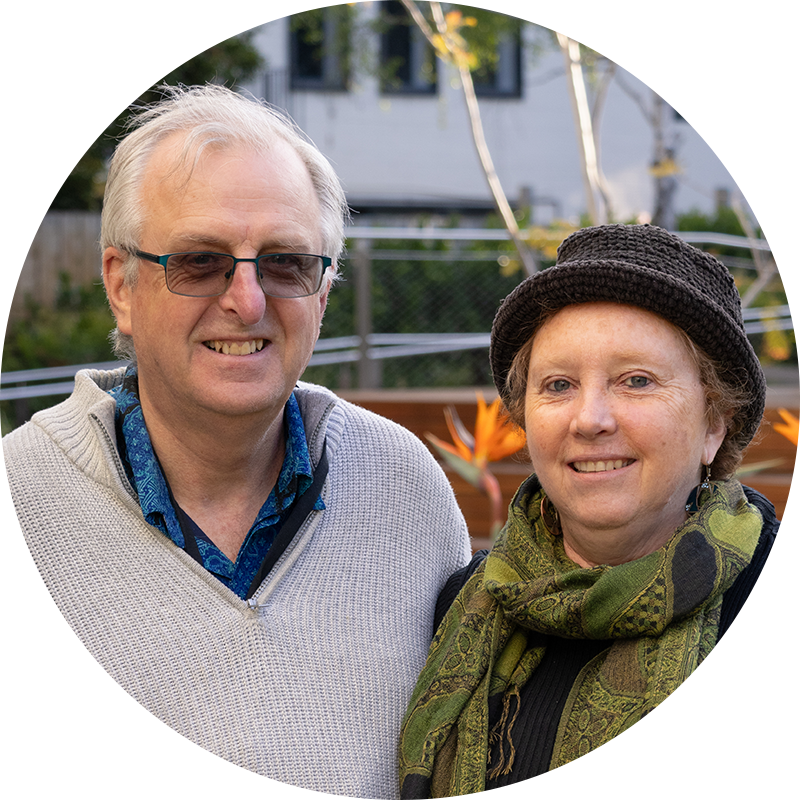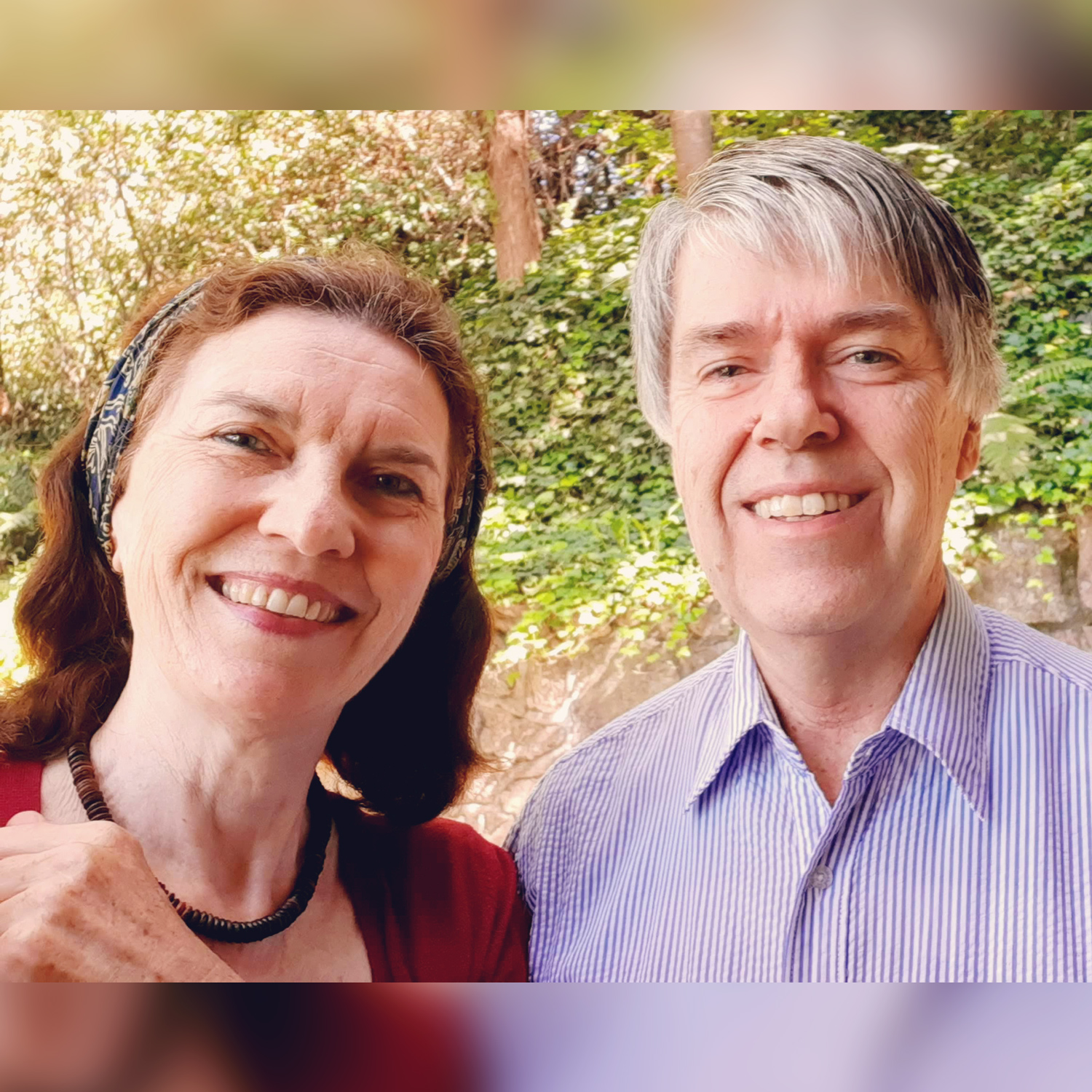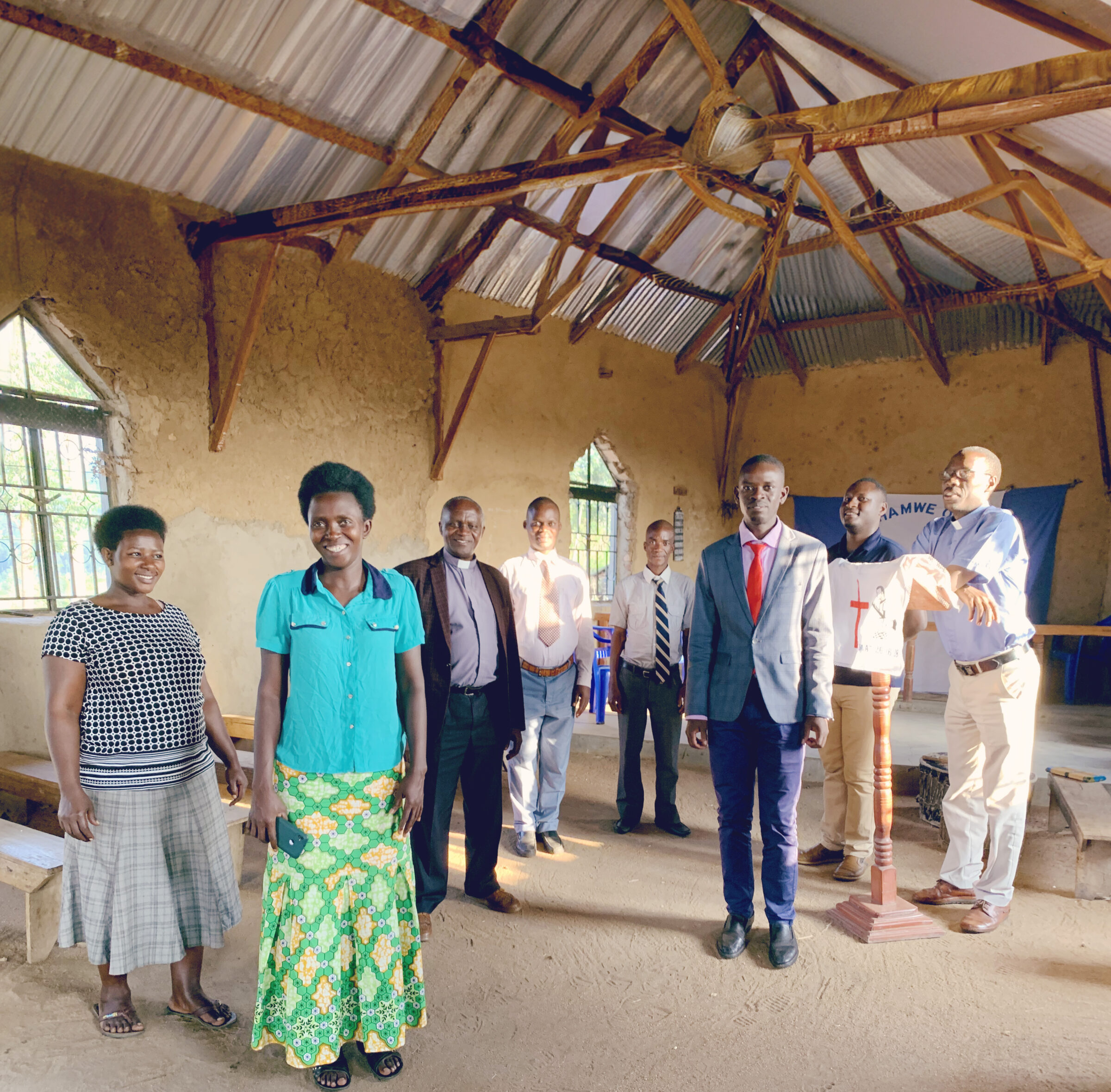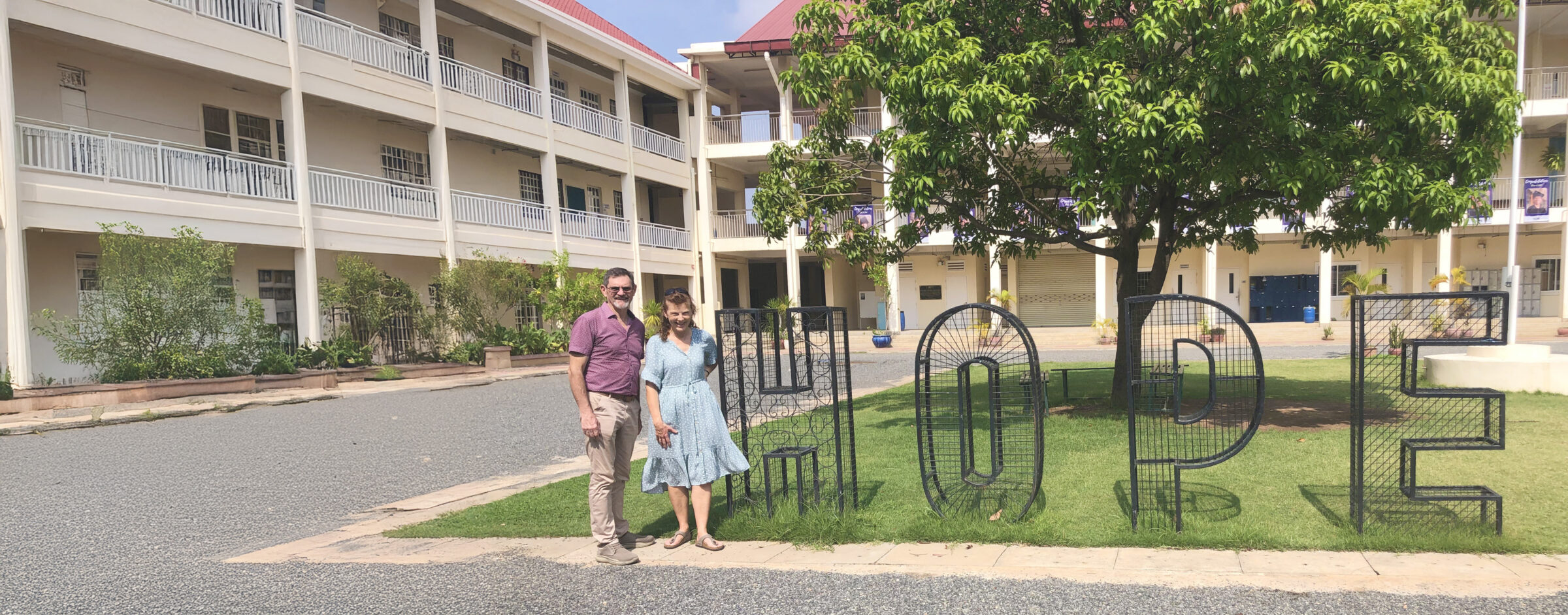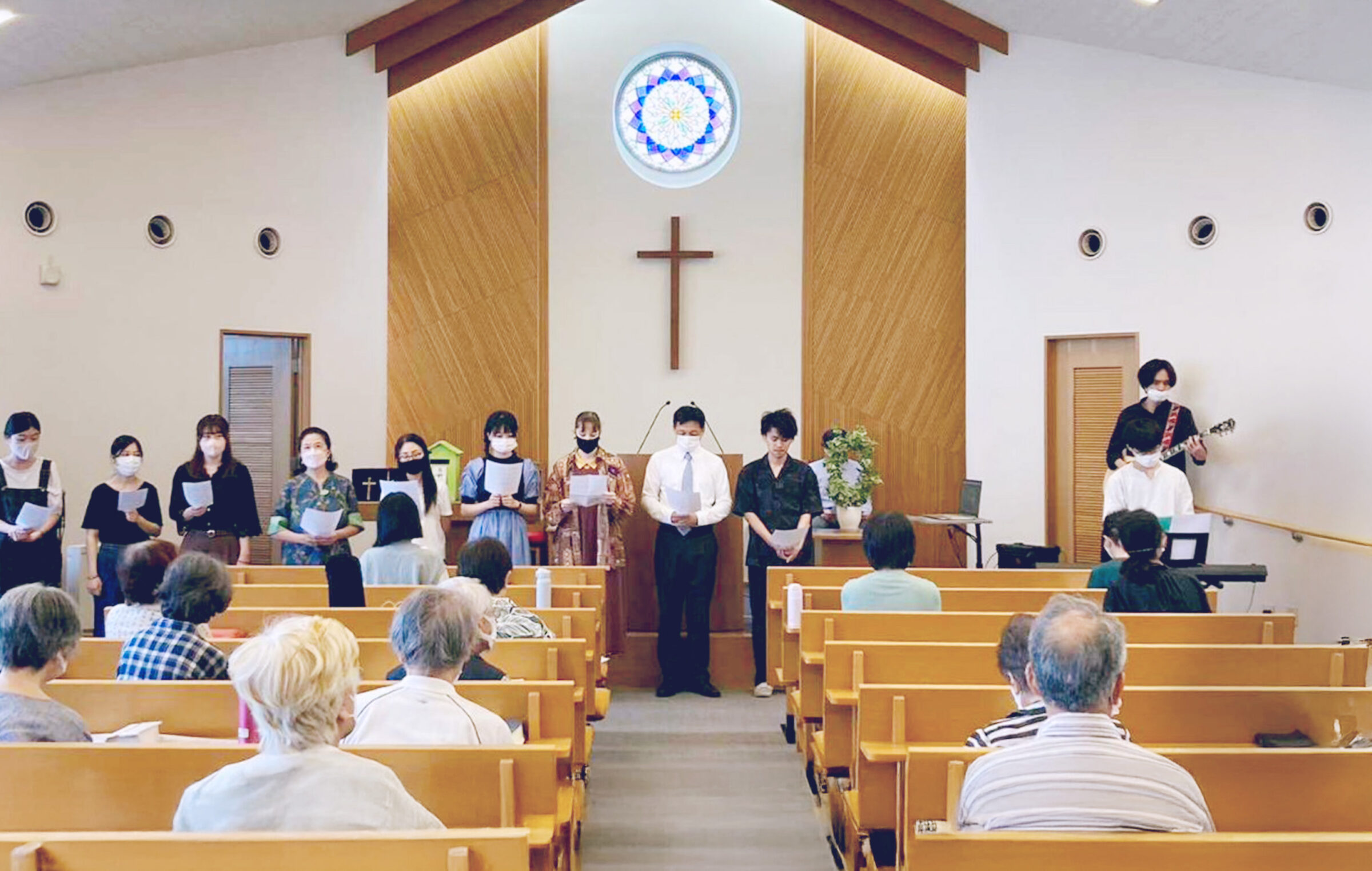Grace in action
In one East African language, grace and mercy are the same word. CMS missionaries serving in East Africa have seen grace and mercy in action at the Bible College where they work.
What do you do when widespread sexual immorality emerges in a Bible College?
In March 2021 some concerned students reported to the deputy principal that all was not well in the college community. They told of an unmarried student sleeping with a person from the nearby town. They reported married people pursuing emotionally and physically intimate relationships with people who were not their spouses.
Our response
We were shocked by the behaviour and bewildered that those responsible thought their actions were acceptable.
Our initial reaction of sadness and disappointment gave way to embarrassment and anger. We felt there was a need for justice. At the first opportunity to offer our opinion on an appropriate response, we were clear: standards must be maintained, and the honour of Jesus’ name be reclaimed. Heads must roll. Expulsion at the very least. This is the Lord’s church we are talking about – the one he died for (Ephesians 5).
The Principal’s response
We had our own ideas but we also remembered our CMS training. In culturally complex situations like this, we needed to first see how the college principal would respond. And we are so grateful we waited. After consulting staff members, the principal affirmed to us: “This is for the Lord to work out.”
He prayed with us for God’s leading. But we were still suspicious. How would he address this problem?
First, he used his ‘Principal’s Hour’ to preach on 1 Corinthians 5 – ‘Expel the Immoral Brother’. We were pleased as he illustrated scripture with cultural proverbs, a local hymn, stories of former students falling into sexual temptation and practical advice for developing godly sexual attitudes. Then he prayed.
Second, he invited discussion. Many questions and revelations of abuse of power were aired. Five of the eight female students enrolled told harrowing stories of sexual harassment and secrecy they had felt forced into, and of punishment for those who directly refused the propositioning of supposed brothers in Christ. A number of men spoke in support of the women but not all.
“The local approach seemed indirect to us, but it bore fruit. While our thoughts went to punishment and consequences first, our colleagues spoke first about letting the Lord – the author of grace and reconciliation – take the lead.”
The sorrow of sin
We were devastated. One of the women shared with us her story of harassment, abortion and extortion. How was this helping, we wondered? Surely it was time for justice and punishment?
But the principal was not done.
The following week he asked the deputy principal to preach on King David’s conviction and confession of adultery and murder through the perceptive prompting of the prophet Nathan (2 Kings 12).
Lastly, after speaking from Romans 2:3-4, the principal gave volunteers the chance to emulate David’s confession. About 15 students did. They came to the front of the chapel, confessed a variety of sins to their 54 fellow students, often in tears and were then reassured of their forgiveness from 1 John 1:8-9. We were amazed.
Grace at work
The principal’s wise method was confronting but gentle, empowering and conciliatory. We saw grace in action.
However, the community members who had been initially reported, did not confess or repent at the time. They chose justice over mercy and grace and received disciplinary procedures in the following weeks and months.
As the principal had said at the beginning, he let the Lord work it out. He allowed God to speak from his word and the Holy Spirit worked among the whole community. So easily we outsiders became self-righteous. So quickly we forgot our own culpability. So arrogantly we wanted to take vengeance into our own hands.
Fruitfulness of mercy
The local approach seemed indirect to us, but it bore fruit. While our thoughts went to punishment and consequences first, our colleagues spoke first about letting the Lord — the author of grace and reconciliation — take the lead.
We have been humbled to grow in learning how the Lord can work together justice and mercy with grace, when we let him.
If mercy is not receiving an act of justice that is deserved and if grace is receiving a kindness that is not deserved, maybe that’s why the local language keeps them together in one word.
PRAY
Pray for strength and wisdom for CMS missionaries as they navigate culture and the Bible. Pray for humility in service and the willingness to learn from those among whom they serve.



